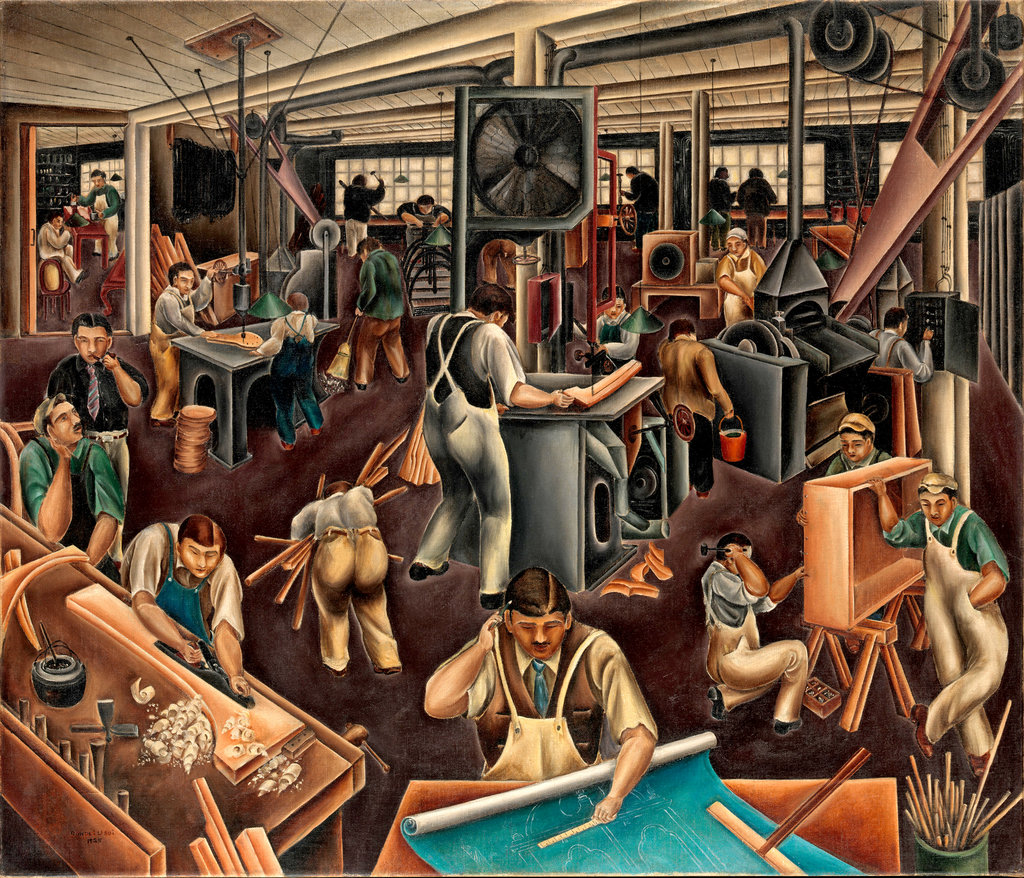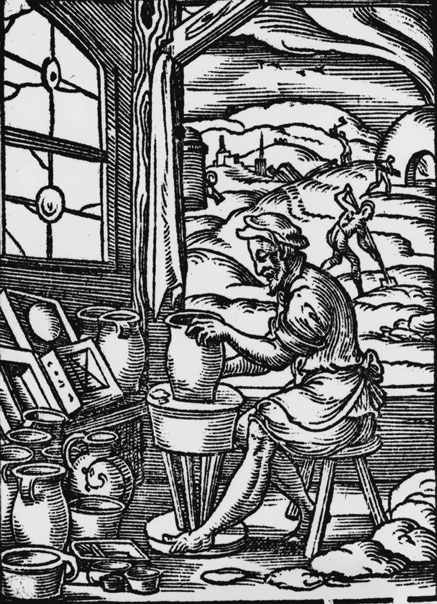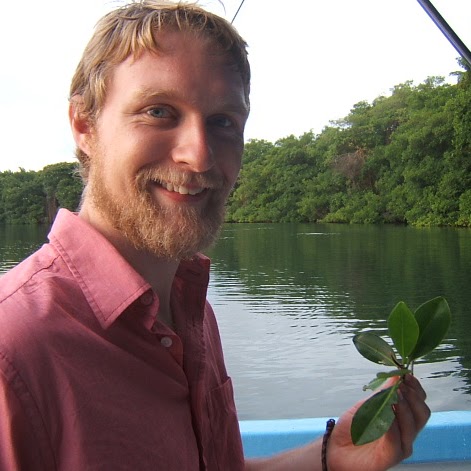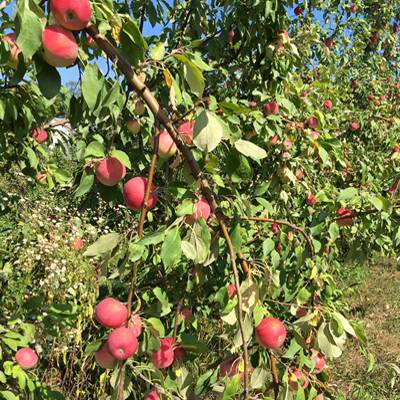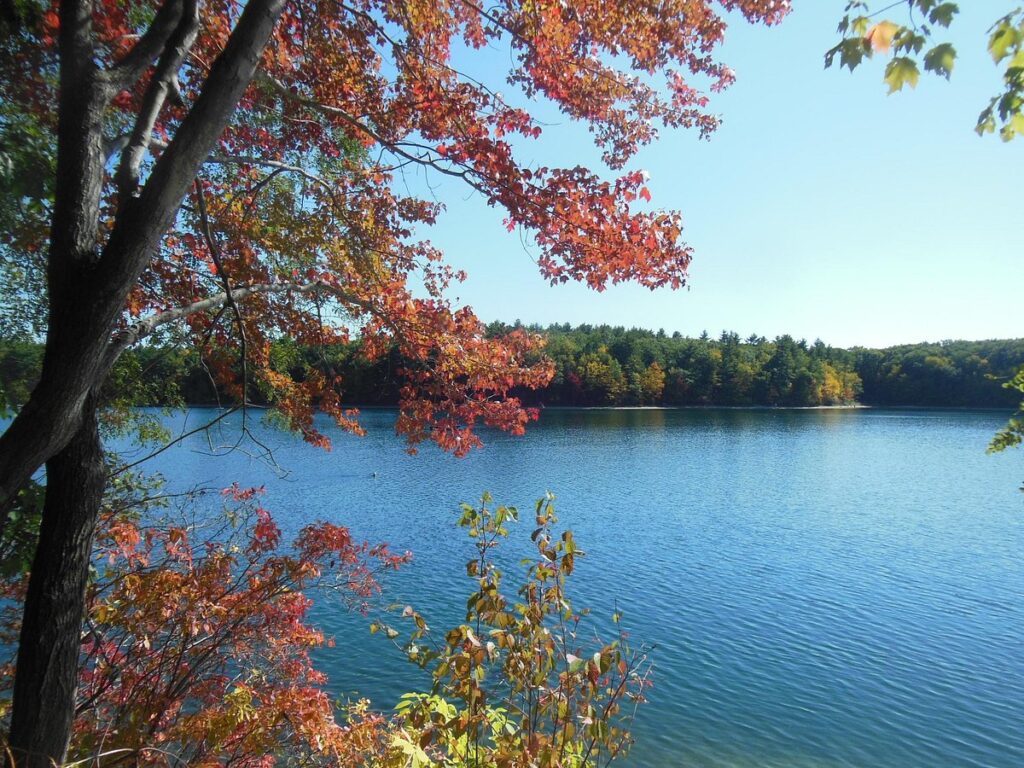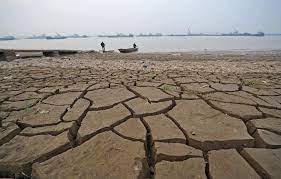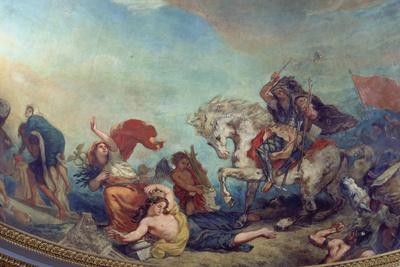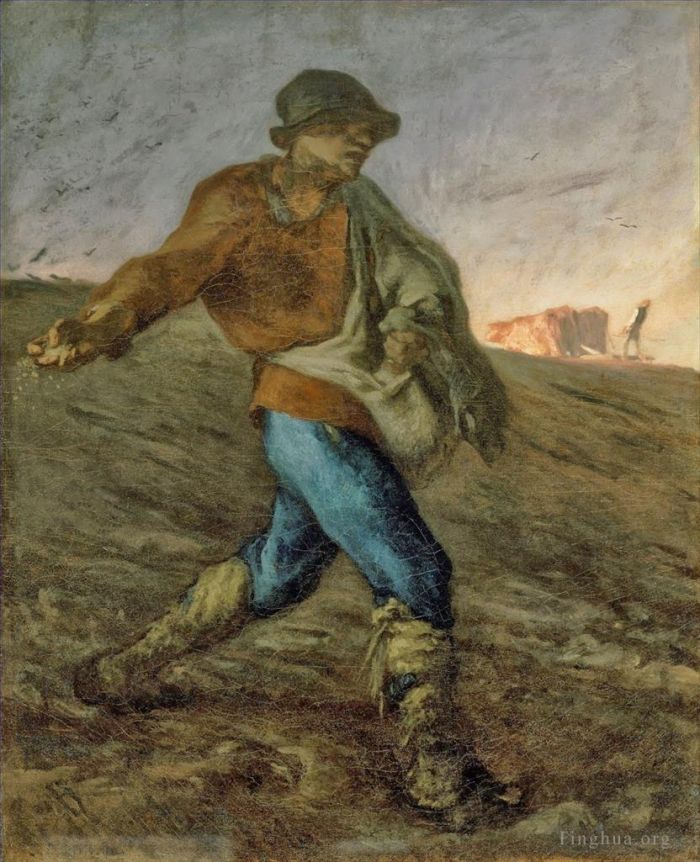Tuesday
Last week, as we watched the greatest woman tennis player of all time play what is probably her last professional match, we could only marvel at how she and her sister transformed the sport. Fox Sports commentator Nick Wright spoke for many of us when he opined that Serena Williams is “the most dominant in her field of any athlete I have ever seen.” Wright added that Serena belongs on the Mount Rushmore of greatest athletes ever, up there with Muhammad Ali, Usain Bolt, and only one or two others. In every way, she has been extraordinary.
Speaking for myself, I was always amazed at how Serena could win clutch points when the whole match hung in the balance. She seemed absolutely fearless at such moments.
The late poet Tony Hoagland wrote a poem that captured how she and Venus changed the sport in a poem appropriately titled “The Change.” The speaker in the poem is a man with unconscious racial biases who finds himself enthralled by a Williams match in spite of himself. While he is watching Venus play, he could just as easily be describing Serena.
Expecting deference from Black women, he’s struck by how Venus was
hitting the ball like she was driving the Emancipation Proclamation
down Abraham Lincoln’s throat,
like she wasn’t asking anyone’s permission
The poem makes some factual errors: the match the speaker appears to have seen was Venus defeating Belgian Justine Henin, who indeed was a “tough little European blonde,” in 2001. (Technically, 2001 is still the 20th century, so “the 20th century almost gone” is accurate.) Furthermore, the match was held on the green grass of Wimbledon, not the red clay of the French Open. (The only time Venus reached the French Open finals, she lost to Serena.) In 2001, George Bush would have been “the new president [who] proves he’s a dummy.”
The speaker also garbles the name by mixing up Venus with Aphrodite while joining it with a caricatured Black name: in the poem she becomes “Vondella Aphrodite.” (“Say her name correctly,” I imagine Black Lives Matter protesters saying.) And I have no idea what it means that the speaker gets the Williamses’ hometown wrong. Maybe he has confused Compton, California (their actual home) with Compton, Alabama, or maybe he has projected a primal civil rights drama onto the match. At any rate, even though he finds himself rooting for the white women—”because she was one of my kind, my tribe, with her pale eyes and thin lips”—he can’t help being riveted by Venus’s power and her “to-hell-with-everybody stare.” Incidentally, Venus won the match 6-1, 3-6, 6-0. Or as the speaker puts it,
that black girl wore down her opponent
then kicked her ass good
then thumped her once more for good measure
Unfortunately for the Williams sisters, simply winning in those early years didn’t change hearts and minds. Many Americans rooted against them, especially Serena, because of their unapologetic dominance. Furthermore, Black athletes have never won White hearts simply by being good. If anything, stereotypes are sometimes reinforced, not changed, by their success.
Given how white the tennis world was in 2001, however, it’s remarkable how much the Williams sisters have transformed it. Players of color, like Naomi Osaka, Coco Gauff, and Francis Tiafoe (the latter two having reached the U.S. Open quarterfinals this year) now travel the road that Serena and Venus blazed. In that way, the speaker in the poem is absolutely correct: the sport can’t be “put it back where it belonged” because we ourselves have been changed.
The Change
By Tony Hoagland
The season turned like the page of a glossy fashion magazine.
In the park the daffodils came up
and in the parking lot, the new car models were on parade.Sometimes I think that nothing really changes –
The young girls show the latest crop of tummies,
and the new president proves that he’s a dummy.but remember the tennis match we watched that year?
Right before our eyessome tough little European blonde
pitted against that big black girl from Alabama,
cornrowed hair and Zulu bangles on her arms,
some outrageous name like Vondella Aphrodite –We were just walking past the lounge
and got sucked in by the screen above the bar,
and pretty soon
we started to care about who won,
putting ourselves into each whacked return
as the volleys went back and forth and back
like some contest between
the old world and the new,and you loved her complicated hair
and her to-hell-with-everybody stare,
and I,
I couldn’t help wanting
the white girl to come out on top,
because she was one of my kind, my tribe,
with her pale eyes and thin lips
and because the black girl was so big
and so black,
so unintimidated,hitting the ball like she was driving the Emancipation Proclamation
down Abraham Lincoln’s throat,
like she wasn’t asking anyone’s permission.There are moments when history
passes you so close
you can smell its breath,
you can reach your hand out
and touch it on its flank,and I don’t watch all that much Masterpiece Theatre,
but I could feel the end of an era therein front of those bleachers full of people
in their Sunday tennis-watching clothesas that black girl wore down her opponent
then kicked her ass good
then thumped her once more for good measureand stood up on the red clay court
holding her racket over her head like a guitar.And the little pink judge
had to climb up on a box
to put the ribbon on her neck,
still managing to smile into the camera flash,
even though everything was changingand in fact, everything had already changed –
Poof, remember? It was the twentieth century almost gone,
we were there,and when we went to put it back where it belonged,
it was past us
and we were changed.

